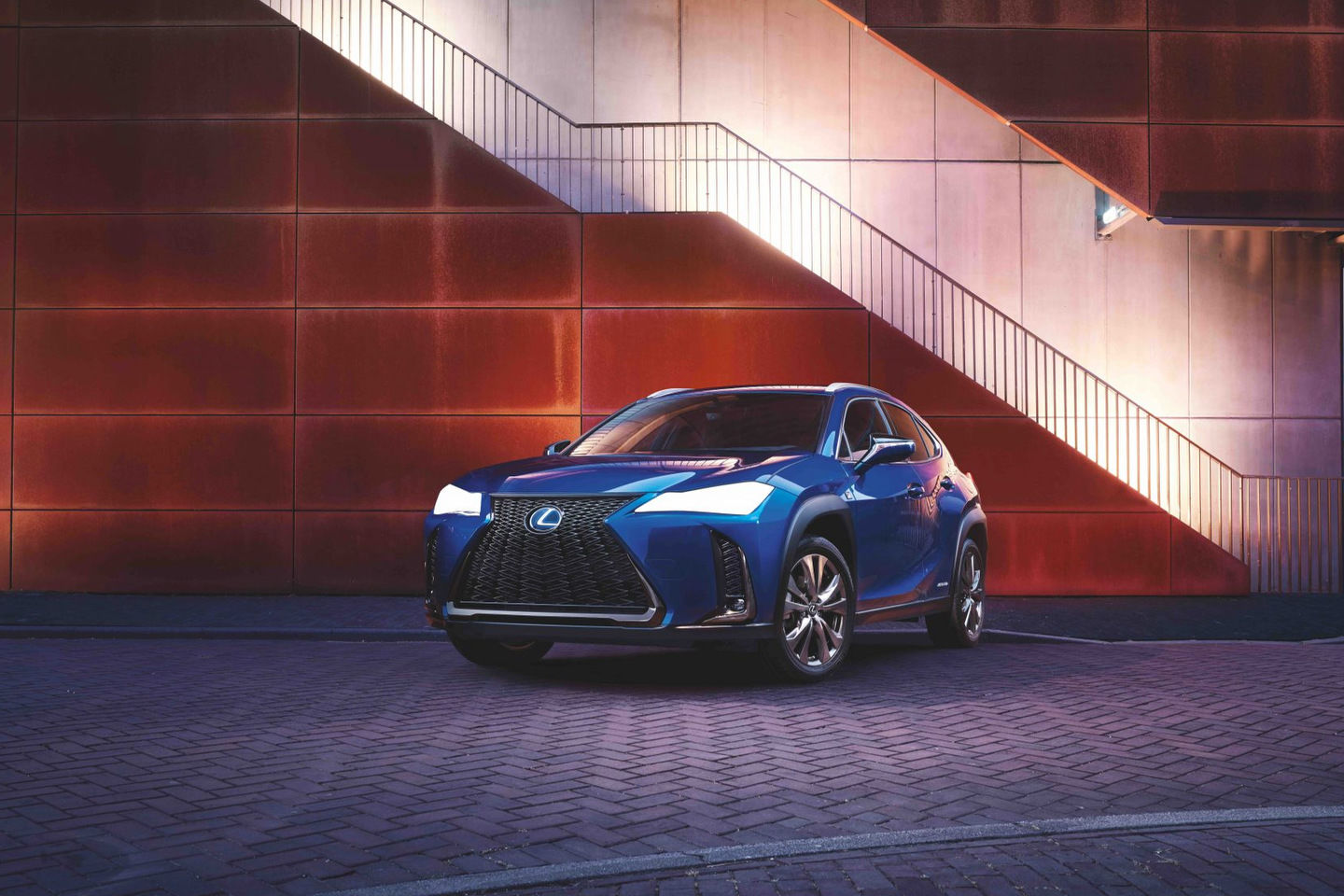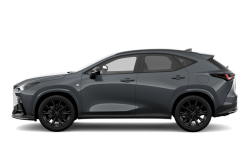2022 Lexus Hybrid SUV lineup
January 20 2022,

Lexus benefits from a varied Hybrid SUV lineup that is composed of three models of varying sizes, which means there is one that is suited for everyone.
The RX
The Lexus RX pioneered the use of a hybrid powertrain in an SUV over 15 years ago. For 2022, the RX 450h is more refined and efficient than ever. This model is designed to make driving a comfortable, pleasant and worry-free experience. In addition to its spacious interior, quiet engine and soft, supportive seats, the RX 450h is equipped with a suspension engineered to smooth out the road’s imperfections before you feel them. This SUV is powered by a 3.5L V6 engine coupled with a hybrid system that allows for a great fuel efficiency and a safe reserve of power at all times. With this system, the RX 450h can achieve fuel consumption figures as low as 7.5L / 100km in the city and 8.4L / 100km on the highway.
The NX
The NX is a compact SUV that has all of the practicality and the luxury you expect out of a Lexus vehicle. The NX is offered in two hybrid models, the RX 350h and the RX 450h+. The first is equipped with a traditional hybrid system composed of a 2.5L engine in the front and two electric motors in the rear. The second add a larger battery that can be charged to this system in order to allow for an all-electric range of up to 61 kilometers. The NX 350h only uses 5.7L / 100 km in the city and 6.4L / 100km on the highway, while the NX 450h+ improves on these numbers to average 2.8Le / 100 km combined, when the gasoline engine is used at all.
The UX
The UX 250h is the most affordable Lexus model, but it offers everything you want in a premium sub-compact SUV. This model is perfect for your busy commute to the city center due to its small exterior dimensions that make it easy to drive and easy to park. For 2022, the UX is only offered in the 250h trim, which is powered by a 2.0L engine and a traditional hybrid system that gives it the benefits of an AWD system and the fuel economy of a small city car, with consumption figures as low as 5,7 L / 100 km in the city and 6.2L / 100 km on the highway.


